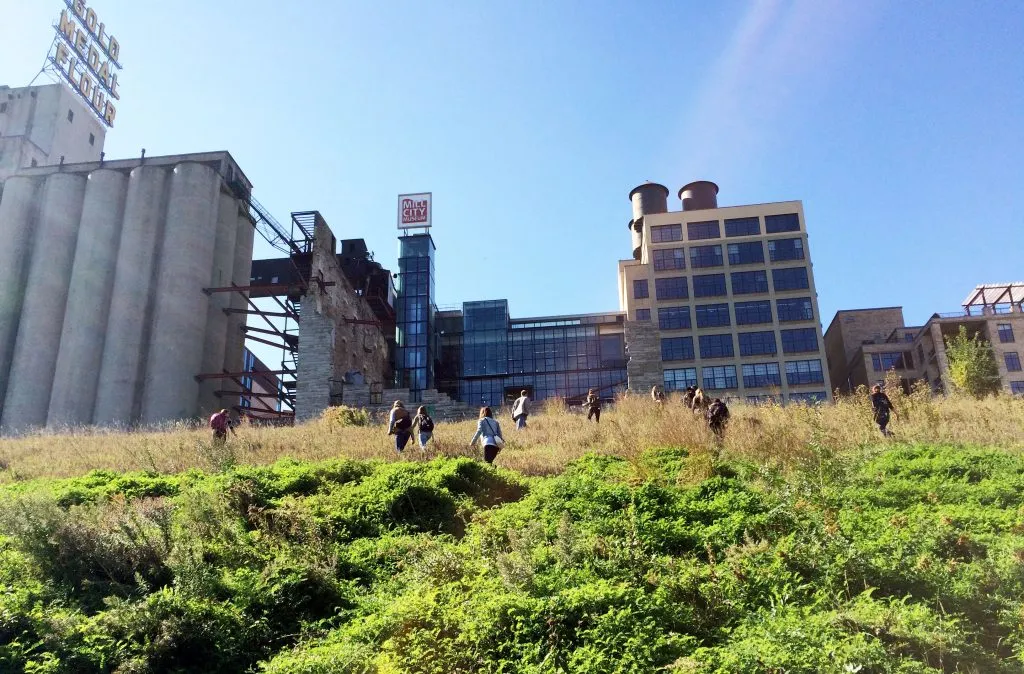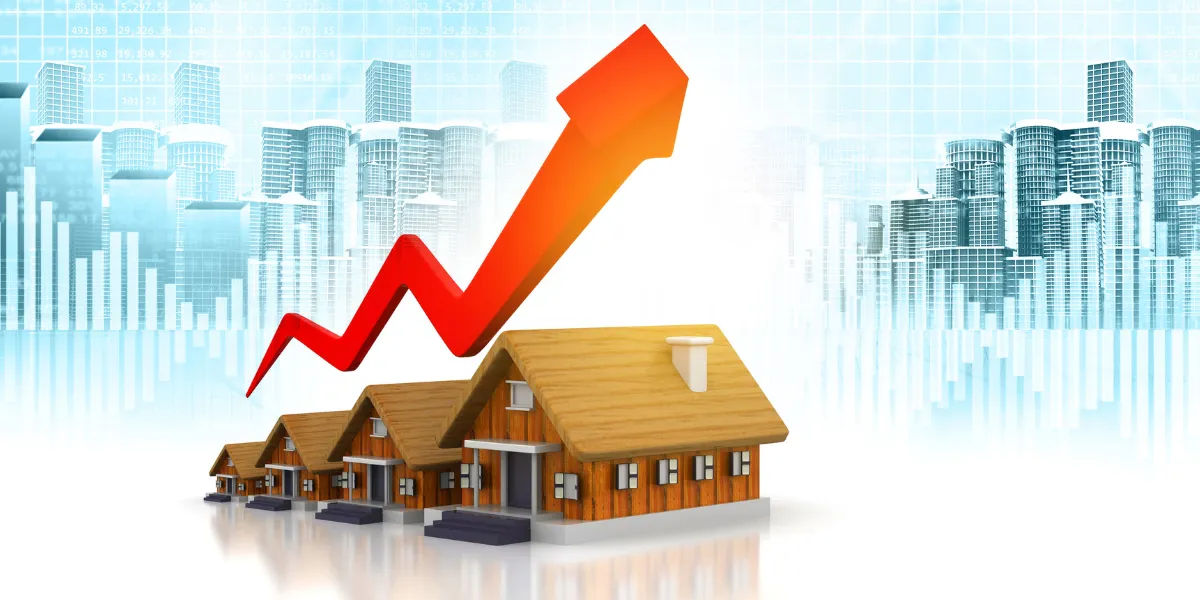Introduction
In the dynamic world of commerce, retail developers play a pivotal role in shaping how people shop, connect, and interact with brands. Their projects go beyond providing physical spaces for businesses; they create environments that define consumer experiences and influence entire communities. From shopping malls and lifestyle centers to mixed-use retail complexes, retail developers design spaces that not only meet the needs of businesses but also respond to the evolving habits of consumers in today’s competitive marketplace.
Retail developers specialize in planning, designing, and constructing real estate projects that cater primarily to retail businesses and consumer-focused enterprises. Their work often involves large-scale shopping centers, high-street retail districts, outlet villages, and increasingly, lifestyle-focused complexes that combine shopping, dining, and entertainment. By curating a mix of tenants and integrating attractive amenities, retail developers ensure their projects remain vibrant destinations where people choose to spend their time and money.
One of the defining aspects of retail development is the focus on creating an experience rather than simply providing square footage. Modern consumers demand more than just convenience; they seek engaging, immersive environments where shopping is combined with leisure, entertainment, and social interaction. Retail developers respond to this by designing spaces with open plazas, food courts, cinemas, and event areas that transform shopping centers into lifestyle destinations. This evolution highlights their role as experience creators as much as property developers.
Location and accessibility are critical to the success of retail projects. Developers carefully select sites that offer high visibility, strong foot traffic, and connectivity to surrounding communities. They also design projects with ample parking, pedestrian-friendly layouts, and integration with public transport systems. Increasingly, retail developers are responding to e-commerce growth by adapting their spaces to serve as fulfillment hubs, showrooms, or hybrid experiences that blend physical and digital retailing.
Sustainability and innovation are also reshaping the work of retail developers. Many projects now feature eco-friendly construction, energy-efficient systems, and green spaces that reflect the values of modern consumers and retailers. Smart technology is being integrated to enhance customer engagement, from interactive directories to data-driven tenant strategies. By embracing these innovations, retail developers ensure their projects remain competitive in an era where consumer expectations are constantly evolving.
Conclusion
Retail developers are more than builders of shopping spaces; they are curators of experiences and catalysts of community life. By combining strategic location choices, innovative design, and consumer-focused amenities, they create destinations that attract both shoppers and businesses. As consumer behavior continues to shift, retail developers will remain central to shaping environments where commerce, entertainment, and lifestyle converge.




